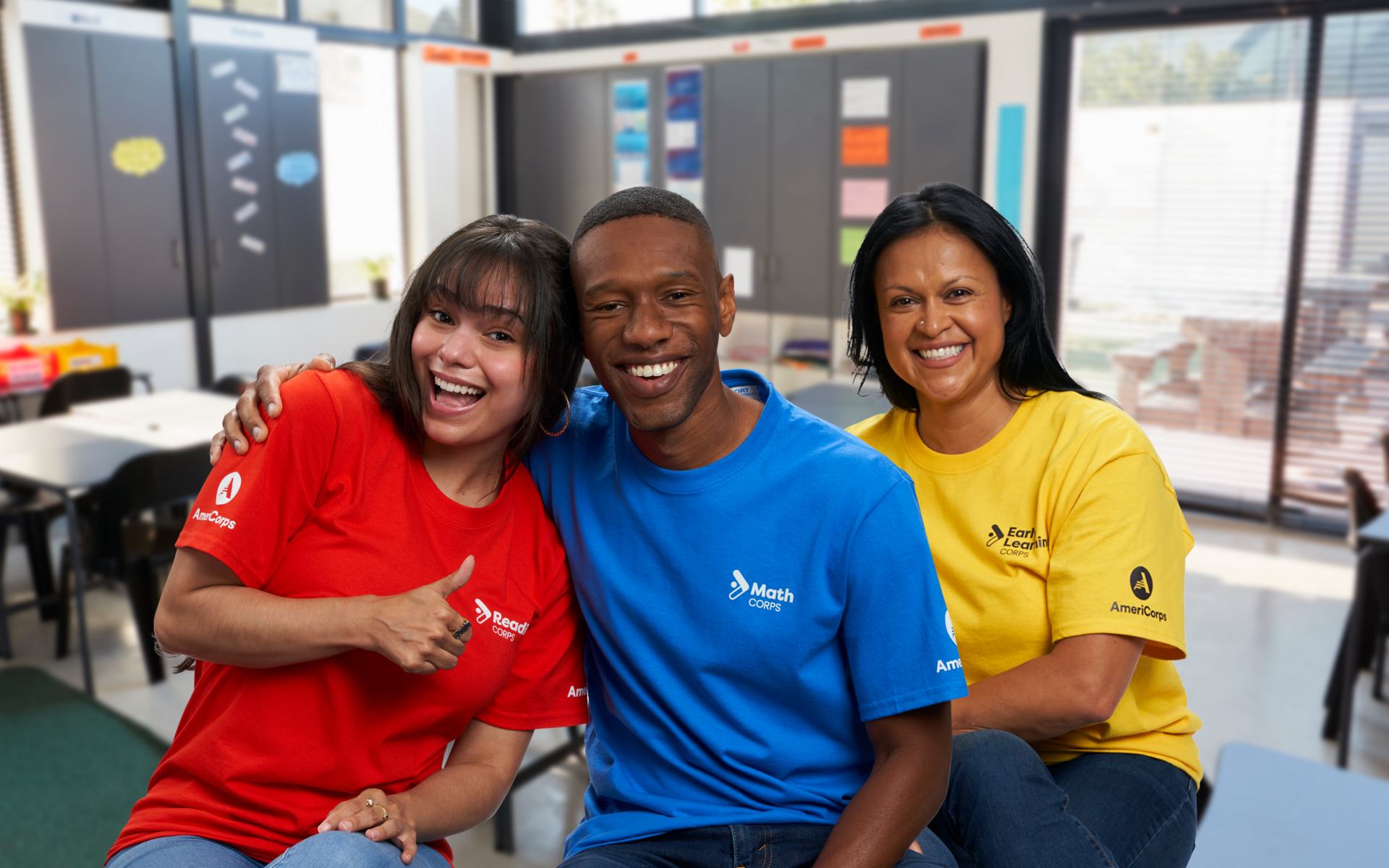As evidence-based programs, Reading Corps, Math Corps, and Early Learning Corps are powered by people and fueled by research. On a mission to help students succeed, we’re committed to putting research into practice and are excited to share what we learned from research in 2024.
Compared with 17 Other Programs, Math Corps is the Most Efficient!
What we already knew: With a variety of for-profit and nonprofit tutoring solutions available, it’s difficult for decision makers to determine which program may be most effective for students. Accelerate, an organization that funds and supports practices that advance student learning, reviewed 17 tutoring programs to examine their effectiveness and efficiency.
What we learned this year: Accelerate defines “tutoring efficiency” as the number of tutoring hours necessary to improve student learning by one month. Of the 17 programs reviewed, Math Corps is the most efficient, requiring just 6.1 hours to yield one month’s growth. The average number of hours necessary across all programs was 25.9. You can read the study here.

Reading Corps Is an Effective Tool for English Language Learners
What we already knew: About 10% of school-age students in the U.S. are English Language Learners (ELL), with many states having significantly higher rates. ELL students often benefit from strong academic support to build their English language reading skills.
What we learned this year: Studies demonstrate that Reading Corps makes a significant and positive impact on the literacy skills of all students but has a greater impact for English Language Learners. Reading Corps was designed with their needs in mind: the program includes specific instructions recommended for use with English Language Learners, including phonological awareness and use of assessment data. You can read a summary of these studies here.

AmeriCorps is a Pathway to High-Demand Careers
What we already knew: 86% of AmeriCorps members nationally join AmeriCorps to gain experience relevant to a specific career, and we saw those numbers reflected in our first-ever career survey for AmeriCorps members last year. We have several programs that help members attain reduced-cost professional certifications as part of their service, including two new ones for Reading Corps members in Georgia.
What we learned this year: Across AmeriCorps programs, members gained skills specific to their particular service field. Members who earn certifications or licenses through service are twice as likely to have gained employment by the time their service term ended as those in programs without certifications. Certified members also reported a higher annual salary in their post-service employment. Within Ampact’s education programs specifically, three out of five tutors under retirement age plan to go into education full-time after their service!

More Research on the Horizon
The following research projects are planned to conclude in 2025 or later:
- Math Corps K-3 Randomized Control Trial – ServeMinnesota is conducting a randomized control trial for K-3 Math Corps to match similar evidence we’ve established for Reading Corps. Randomized control trials are the gold standard for understanding a programs’ effect on student learning.
- Accelerate Implementation Study – Accelerate will fund an evaluation examining how Math Corps’ impact and implementation differs across diverse regions nationally. (Created in Minnesota, Math Corps’ model is implemented in nine states across the country.)
